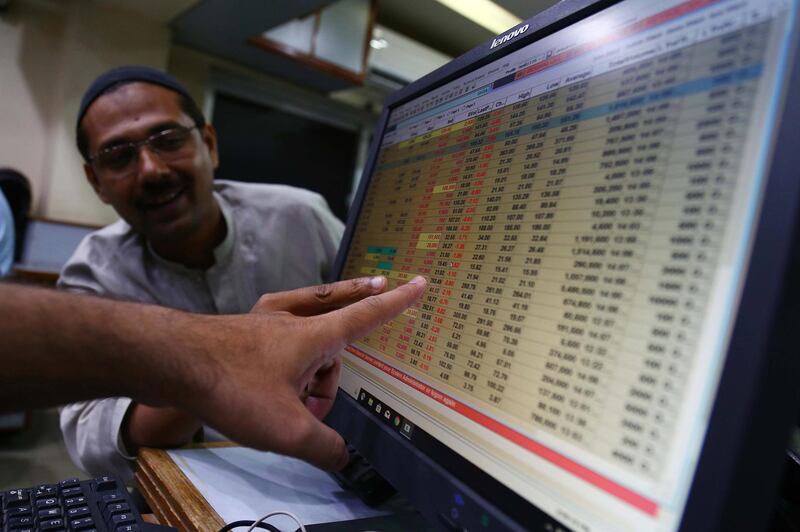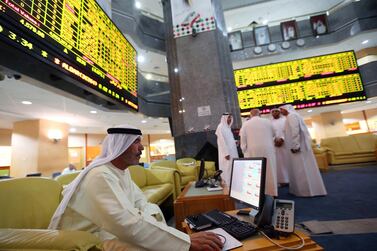Sharia-compliant indexes compiled by S&P Dow Jones Indices have outperformed their conventional peers so far in 2019, with information technology sector stocks driving the performance of the benchmark measures.
The S&P Global BMI Shariah and Dow Jones Islamic Market (DJMI) World recorded 18.4 per cent and 18 per cent year-to-date gains, respectively, outperforming the conventional S&P Global BMI index by 2 per cent and DJMI World by 1.9 per cent, S&P Dow Jones Indices said in its latest report.
The S&P Saudi Arabia index, which was promoted to emerging market status in March this year, has also gained 15.9 per cent, it pointed out.
“The outperformance trend played out across major regions as Sharia-compliant benchmarks measuring US, Europe, Asia Pacific, and developed markets each continued to outperform conventional equity benchmarks by meaningful margins,” said John Welling, associate director at S&P Dow Jones Indices.
Following a strong performance during the first three months of this year, the S&P Bahrain benchmark gauge has maintained its top position, leading the regional indexes, with gains of 25.1 per cent. The S&P Egypt BMI is in second spot with a 22 per cent year-to-date gain, according to the report.
After a weak finish in the last quarter of 2018, equities markets paused for breath and put in a robust performance in the first quarter of 2019. Positive US equity performance continued throughout the second quarter with S&P 500 and the Dow Jones Industrial touching fresh record highs in recent weeks, leading conventional global equities. A continued dovish stance by the US Federal Reserve and hopes of relief in US-China trade negotiations have also helped push US equities higher in the second quarter. European and Asia Pacific equities have so far followed the US performance, as each enjoyed healthy gains over the period.
Middle East and North African equities, measured through the S&P Pan Arab Composite index, have also gained 12.2 per cent but they lag marginally behind in terms of their performance against their conventional peers. The DJMI Emerging Markets and Pan Arab benchmarks have underperformed the conventional counterparts by 1 per cent 1.6 per cent respectively, the report added.
“Emerging markets and the Pan Arab region were exceptions, as Sharia-compliant benchmarks in these regions underperformed their conventional counterparts,” Mr Welling noted.








